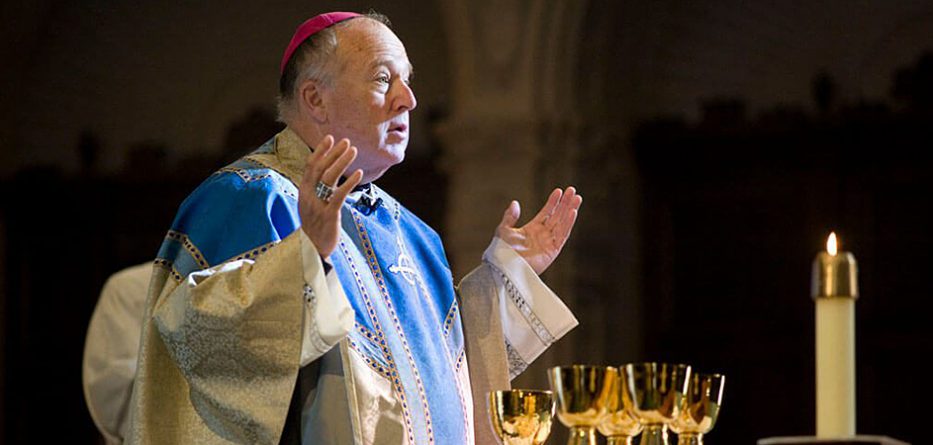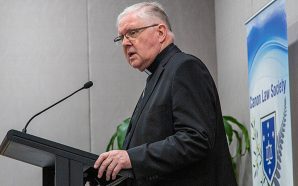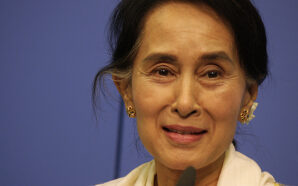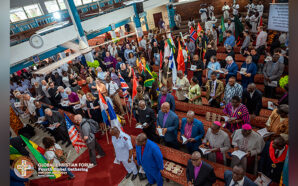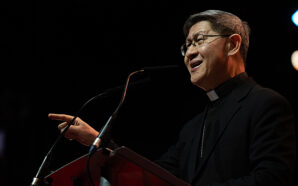In January, America published an article I wrote on the theme of inclusion in the life of the church. Since that time, the positions I presented have received both substantial support and significant opposition. The majority of those criticizing my article focused on its treatment of the exclusion of those who are divorced and remarried and members of the L.G.B.T. communities from the Eucharist. Criticisms included the assertion that my article challenged an ancient teaching of the church, failed to give due attention to the call to holiness, abandoned any sense of sin in the sexual realm and failed to highlight the essential nature of conversion. Perhaps most consistently, the criticism stated that exclusion from the Eucharist is essentially a doctrinal rather than a pastoral question.
I seek in this article to wrestle with some of these criticisms so that I might contribute to the ongoing dialogue on this sensitive question—which will no doubt continue to be discussed throughout the synodal process. Specifically, I seek here to develop more fully than I did in my initial article some important related questions, namely on the nature of conversion in the moral life of the disciple, the call to holiness, the role of sin, the sacrament of penance, the history of the categorical doctrine of exclusion for sexual sins and the relationship between moral doctrine and pastoral theology.
In January, I proposed that three foundational principles of Catholic teaching invited a re-examination of the church’s practice in this area. The first is Pope Francis’ image of the church as a field hospital, which points to the reality that we are all wounded by sin and all equally in need of God’s grace and healing.
The second is the role of conscience in Catholic thought. For every member of the church, it is conscience to which we have the ultimate responsibility and by which we will be judged. For that reason, while Catholic teaching has an essential role in moral decision-making, it is conscience that has the privileged place. As Pope Francis has stated, the church’s role is to form consciences, not replace them. Categorical exclusions of the divorced and remarried and L.G.B.T. persons from the Eucharist do not give due respect to the inner conversations of conscience that people have with their God in discerning moral choice in complex circumstances.
Finally, I proposed that the Eucharist is given to us as a profound grace in our conversion to discipleship. As Pope Francis reminds us, the Eucharist is “not a prize for the perfect, but a powerful medicine and nourishment for the weak.” To bar disciples from that grace blocks one of the principal pathways Christ has given to them to reform their lives and accept the Gospel ever more fully. For all of these reasons, I proposed that divorced and remarried or L.G.B.T. Catholics who are ardently seeking the grace of God in their lives should not be categorically barred from the Eucharist.
To continue reading this article, click here.
Cardinal Robert W. McElroy is the bishop of the Diocese of San Diego. He is author of The Search for an American Public Theology: The Contributions of John Courtney Murray (Paulist Press, 1989) and Morality and American Foreign Policy: The Role of Ethics in International Affairs (Princeton University Press, 1992).
With thanks to America, where this article originally appeared.




